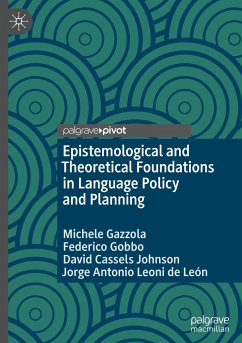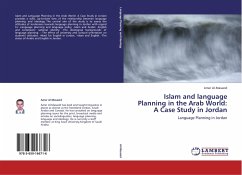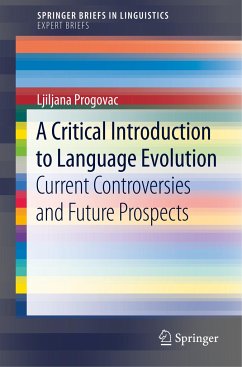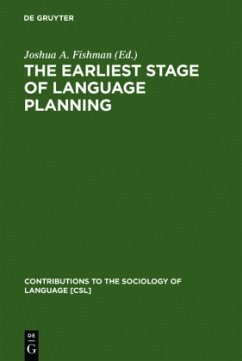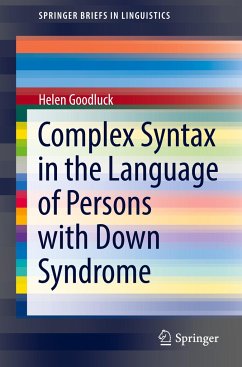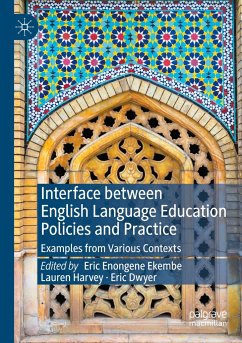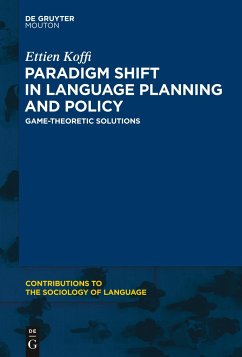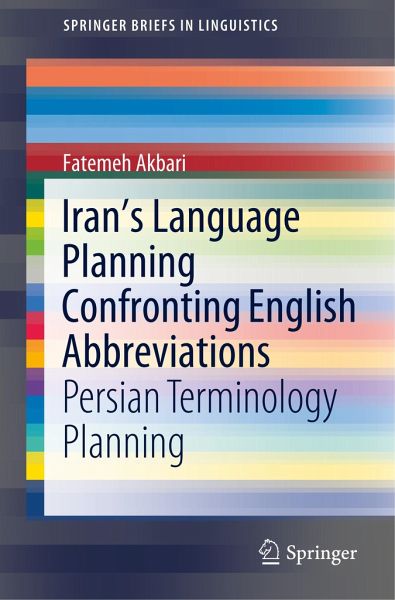
Iran's Language Planning Confronting English Abbreviations
Persian Terminology Planning

PAYBACK Punkte
19 °P sammeln!
This book addresses one of the most crucial and common questions confronting planners of languages other than English, that is, how the impacts of global languages on local languages should be dealt with: internationalization or local language promotion? This empirical study examines the implementation of Iran's governmental language and terminology policy to accelerate rarely used abbreviation methods in Persian in order to preserve the language from the extensiveness of borrowed English abbreviated forms.This book provides an in-depth analysis of relevant linguistic theories as well as the s...
This book addresses one of the most crucial and common questions confronting planners of languages other than English, that is, how the impacts of global languages on local languages should be dealt with: internationalization or local language promotion? This empirical study examines the implementation of Iran's governmental language and terminology policy to accelerate rarely used abbreviation methods in Persian in order to preserve the language from the extensiveness of borrowed English abbreviated forms.
This book provides an in-depth analysis of relevant linguistic theories as well as the structure and social context of the Persian language itself, rather than relying on personal opinions or beliefs either in favour of or against abbreviation. The text appeals to politicians, language planners, terminologists, lecturers, authors and translators of scientific works, especially those who are speakers of languages other than English and seek to promote their local languages. This book is particularly relevant to linguistics students (both undergraduate and graduate students) and language teachers and researchers in the broader areas of language education and curriculum design.
This book provides an in-depth analysis of relevant linguistic theories as well as the structure and social context of the Persian language itself, rather than relying on personal opinions or beliefs either in favour of or against abbreviation. The text appeals to politicians, language planners, terminologists, lecturers, authors and translators of scientific works, especially those who are speakers of languages other than English and seek to promote their local languages. This book is particularly relevant to linguistics students (both undergraduate and graduate students) and language teachers and researchers in the broader areas of language education and curriculum design.





